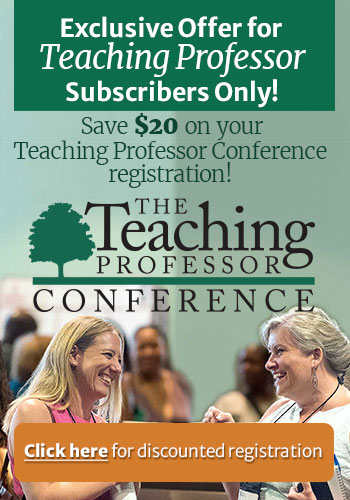Better Group Work Experiences Begin with How the Groups Are Formed
Like many matters regarding teaching and learning, there isn’t one best way to put students into groups. The best way is related to what you want students to learn from their group experience. Here’s a brief discussion of how that works for three common ways




